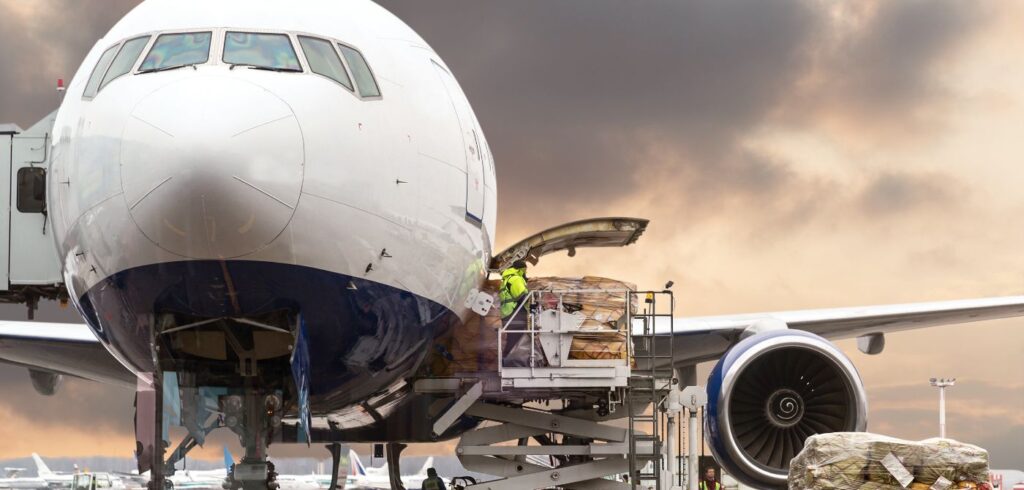IATA and Federal Authorities for Identity, Citizen, Custom and Port Security (ICP) in the United Arab Emirates (UAE) have announced they will work together on the deployment of a pre-loading advance cargo information (PLACI) system in the UAE.
The submission of advance cargo information will enable ICP to target and assess risks related to cargo shipments prior to the arrival of the shipment in the country of destination. This new layer of security to be applied before loading shipments bound to UAE complies with principles set jointly by the International Civil Aviation Organization (ICAO) and World Customs Organization. The cooperation between IATA and ICP will ensure that industry standards will be integrated in this PLACI regime.
Kamil Alawadhi, regional vice president for Africa and Middle East at IATA, said, “IATA has a strong relationship with ICP and is proud to assist in the development of the UAE’s pre-loading electronic advance information program. The project will employ IATA messaging standards and existing business processes in one of the few pre-loading electronic advance information programs currently developed worldwide. The endorsement of IATA standards by a national administration is an important step toward harmonizing standards across the industry which is critical for the secure flow of trade. We look forward to a successful implementation, setting an example for other countries.”
His Excellency Major General Suhail Saeed Al Khaeeli, general director of ICP, said, “The cooperation between IATA and ICP regarding air freight security will contribute to achieving a higher level of security in this vital sector in light of harmonizing national regulations with international standards. This will facilitate the smooth flow of supply chain security and trade through a developed and coordinated approach, which will reinforce UAE’s position as an international center for trade and shipping. It’s worth noting that the ICP UAE is one of the pioneering institutions implementing the initiative which complies with International Civil Aviation Organization and World Customs Organization joint standards.”


